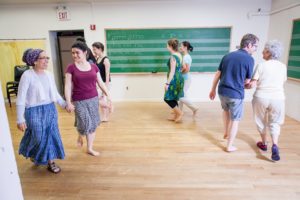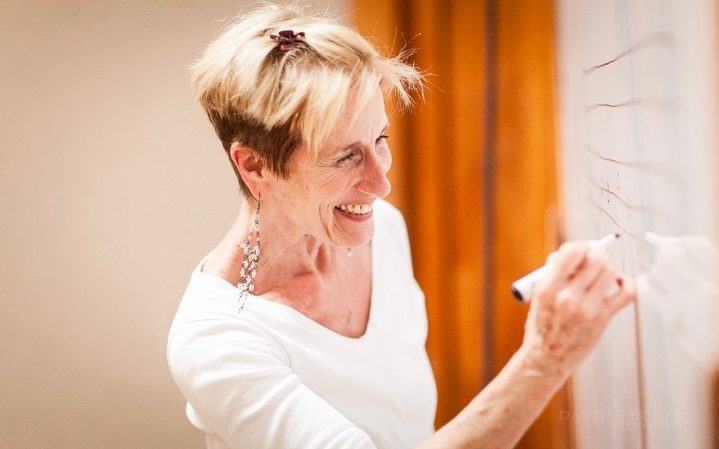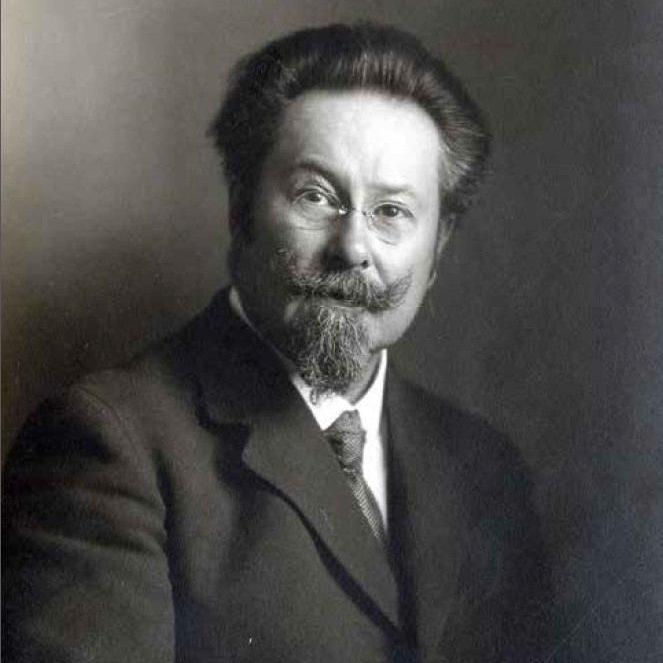Émile Jaques-Dalcroze
Émile Jaques-Dalcroze was a Swiss composer, educator, and developed eurhythmics. Through his work with conservatory students, he developed a groundbreaking way of knowing and experiencing music.
Who was Émile Jaques-Dalcroze?
Émile Jaques-Dalcroze (1865-1950) was a Swiss composer, educator, and developed Dalcroze education.

While teaching music at the Geneva Conservatory, he observed that his students lacked essential musical skills. They could not actually hear the music and harmonies they were writing. When they performed, their playing showed little sense of rhythmic life.
He began to devise ear training games to develop better inner hearing. These games honed the students’ perceptions and resulted in more sensitive music-making: timing, articulation, tone quality, and phrase shape. Dalcroze noticed his students would exhibit subtle, spontaneous movements—swaying, tapping a foot, a slight swinging of the arms—as they sang. The body was conscious of the life and movement of the music.
Jaques-Dalcroze began to explore these natural, instinctive gestures. He invited students to walk and swing their arms, or to conduct while they sang or listened to him improvise at the piano. He called this study of music through movement “eurhythmics,” from the Greek roots “eu” and “rythmos” meaning “good flow.”

Dalcroze Education reminds us that we are always students.
Jaques-Dalcroze continued to experiment with eurhythmics, giving demonstrations of his "Rhythmic Gymnastics" throughout Switzerland and Western Europe. In 1911, he founded a school in Hellerau, Germany, where he refined his pedagogical methods and mounted innovative theatrical productions informed by these newly developed aesthetic principles.
These "festivals" drew audiences that included many of the leading thinkers of the day, including Rudolf von Laban, Darius Milhaud, Serge Rachmaninoff, Rainer Maria Rilke, and many others. By the time he left Germany in 1914, his work had created an international sensation.
In 1915, he founded the Institut Jaques-Dalcroze in Geneva, Switzerland where he continued to develop fresh applications of his approach until his death in 1950. The school continues to train new instructors who have, in turn, established training schools internationally.
Today, people from around the world study this remarkable method of music education and experience.
“Joy arises in the child the moment their faculties are liberated from any restraint, and they become conscious of their control over them, and they decide on the direction in which that control shall be exercised. The joy is the product of a joint sense of emancipation and responsibility.”
Émile Jaques-Dalcroze
